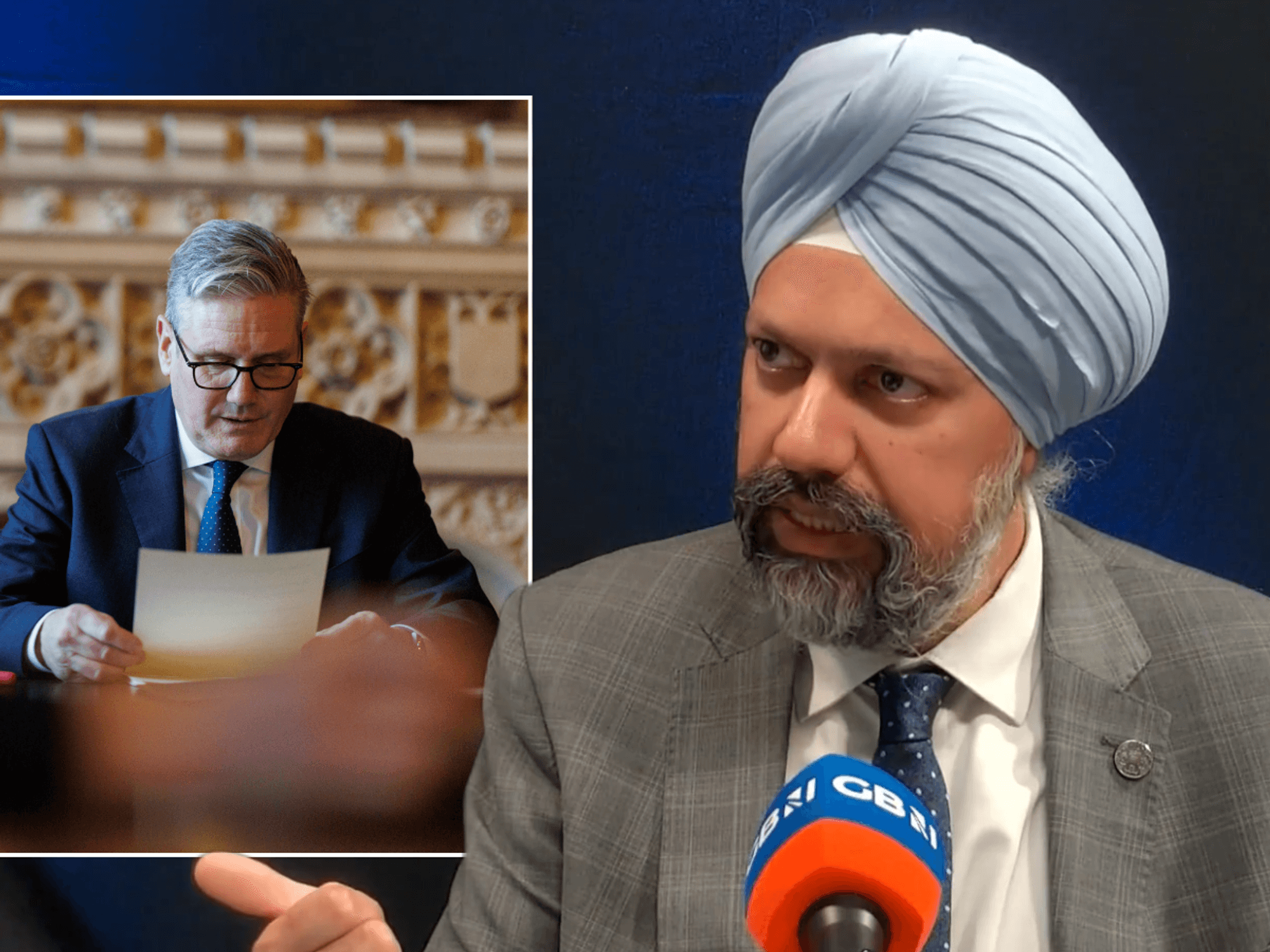Priti Patel: Police should focus on ‘actual crime, not hurt feelings’

Live stream 1069

The Home Secretary plans to change laws on 'hate incidents' after a Court of Appeal ruling
Don't Miss
Most Read
Latest
Home Secretary Priti Patel believes the police should focus on “actual crimes, not hurt feelings” according to a Government source.
It comes after a former police officer has won a Court of Appeal challenge over police guidance on “hate incidents” after claiming it unlawfully interferes with the right to freedom of expression.
Ex-police officer Harry Miller, who describes himself as “gender critical”, was visited at work by an officer from Humberside Police in January 2019 after a member of the public complained about his allegedly “transphobic” tweets.
The force Humberside Police recorded the complaint as a “non-crime hate incident”, defined by the College of Policing’s guidance as “any non-crime incident which is perceived, by the victim or any other person, to be motivated by a hostility or prejudice”.
The Home Secretary will be writing to the College of Policing and the National Police Chief’s Council this week to set out the Government’s position.
One Government source told The Telegraph: “We want officers to focus on policing actual crime, not hurt feelings.”
Yesterday, Ms Patel said: “The police will always have my backing to fully investigate hate crimes, but they must do so whilst protecting the fundamental right of freedom of expression. 'Some current practices are having a dangerous impact on free speech and potentially stopping people expressing their views. This amendment will ensure every police officer abides by a Code of Practice, approved by Parliament, when recording such allegations.”
Mr Miller, from Lincolnshire, challenged both Humberside Police’s actions and the College of Policing’s guidance at the High Court and, in February last year, a judge ruled the force’s actions were a “disproportionate interference” with Mr Miller’s right to freedom of expression.
But his challenge to the College of Police’s guidance was dismissed, with the judge finding that it “serves legitimate purposes and is not disproportionate”.
However, in a ruling on Friday, the Court of Appeal found the guidance also breached his freedom of expression rights.
In March, the Court of Appeal heard the guidance had been “fully replaced”, with updates including “a strong warning against police taking a disproportionate response to reports of a non-crime hate incident”, and directly referenced the High Court’s ruling.
However, Dame Victoria said the revisions “do not go very far, or not nearly far enough to address the chilling effect of perception-based recording more generally”.
She concluded: “The guidance should truly reflect what the police are expected to do and should not mislead by omission either the police who have to use it or the public. I do not think the tension is an impossible one to resolve.”
Speaking outside court, Mr Miller said: “By framing reality, inquiry and dissent as prejudice, bigotry and hate, the College of Policing has failed to protect the liberty that used to be taken for granted by the citizens of this great nation.
Following the ruling, Assistant Chief Constable Iain Raphael from the College of Policing said: “The balance we have always aimed to strike is between the need to protect vulnerable people and communities from harm with the need to facilitate and protect freedom of speech.
“The court has found we need to make safeguards in our guidance more explicit to help police officers proportionately enforce the law.
“We will listen to, reflect on, and review this judgment carefully and make any changes that are necessary.”
“All police guidance is kept under continual review and is adapted to keep pace with the complex demands of protecting the public,” he concluded.







